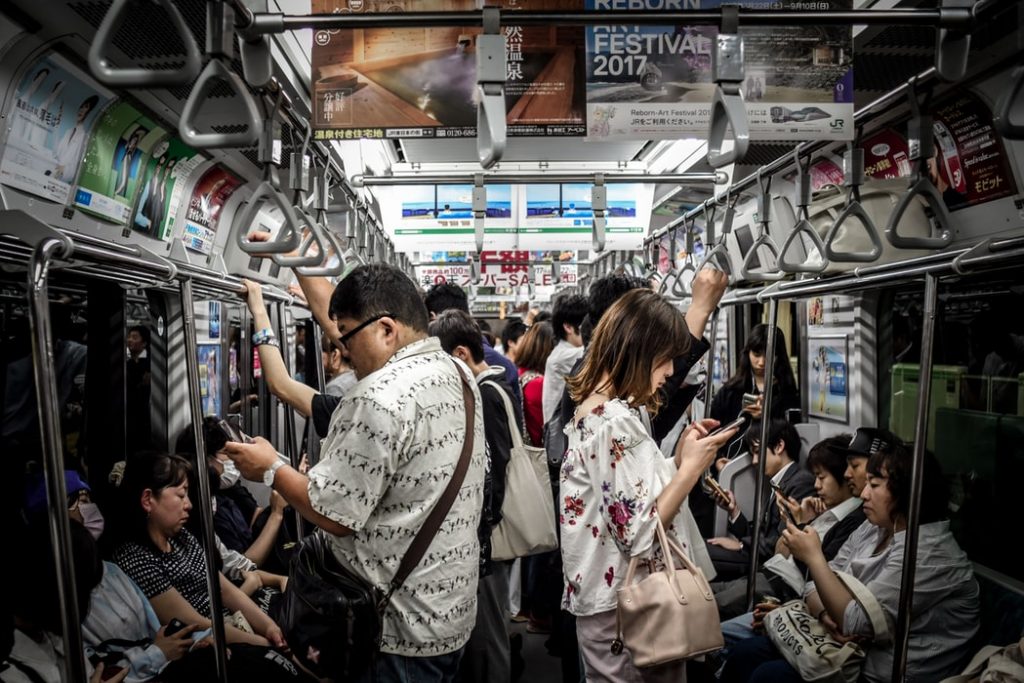
Travel etiquette is important when you are travelling. It is not only to respect the people but also the place, and the value. Keep in mind that every place may have different rules and codes. Hence, it is a must to learn those things prior to your visit. This way, you know what should and should not do during the trip.
How to implement travel etiquette
- International travel etiquette. When travelling abroad, you will meet diversity of culture in so many ways. It can be overwhelming to learn everything at one. However, you can at least learn the most basic travel etiquette. Learn a little bit of their language, know the dress codes, be careful with the gestures, and be mindful about gift-giving.
- Always practice good habit no matter where you are. It includes being polite and respectful to whoever you meet. Keep in mind that you are a guest or visitor. Therefore, you have to be respectful of the customs or tradition that the locals practice or believe. If you find something opposite to what you believe, stay respectful and avoid giving commentary because you don’t know if it is going to offend them.

- When it comes to transportation, practice travel etiquette as well. Be patience when waiting and wait for other passengers to get in. Avoid putting your feet or bags on the seat. do not cross your legs in public transportation. Give seat to older people or pregnant women. Also, be mindful with the direction when sneezing. Do not just sneeze on another passenger’s face.
- Dining etiquette is also important during a trip. When you at a local diner or restaurant, be mindful of people around you. It is best to not chew the foods loudly because it might be disturbing for others, especially elderly people. Be mindful of your volume when talking during eating especially if you are eating together with the locals. Avoid using your phone while eating.
- Clothing does matter when it comes to travel etiquette. some countries may apply different customs and rules when it comes to dressing. In sacred places, visitors are often not allowed to wear too revealing clothes. Some of them also require visitors to cover their head before entering sacred places to show respects.
- If the locals don’t understand what you are talking about, don’ blame them. Keep in mind that even though English is widely spoke doesn’t mean everybody in the world speak English. You can try using more universal language such as gesture or body language. Usually, people can understand it regardless of their background.
- Be mindful with your words. It is best to learn a thing to two about the local language. Just because you are still learning doesn’t mean you can experiment by saying bad words in local language. Also, be respectful when giving commentary. Always use positive words to comment. If you don’t know the local language, use simple English word or gesture to express your appreciation to the locals.

